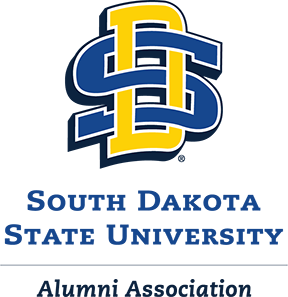Joseph Schartz, a May 2016 graduate with a bachelor’s degree in journalism, has been awarded a fellowship worth $5,000 by The Honor Society of Phi Kappa  Phi—the nation’s oldest and most selective collegiate honor society for all academic disciplines.
Phi—the nation’s oldest and most selective collegiate honor society for all academic disciplines.
As a Phi Kappa Phi Fellow, Schartz will pursue a master’s degree in public policy at Georgetown University. At State, he served three years as a student regent of the South Dakota Board of Regents and was a member of the Van D. and Barbara B. Fishback Honors College.
Schartz is among 57 students nationwide to receive a Phi Kappa Phi Fellowship. Since its creation in 1932, the fellowship program has become one of the society’s most visible and financially well-supported endeavors, allocating $345,000 annually to deserving students for first-year graduate or professional study. Currently, 51 fellowships of $5,000 and six of $15,000 are awarded each year.
“I was beyond thrilled when Dr. Dianne Nagy informed me that I had been selected as a 2016 National Phi Kappa Phi Fellow. This is a truly transformational opportunity,†Schartz said. “The $5,000 scholarship will go a long way toward financing my graduate study at Georgetown University in the fall, and it is an honor to be counted among the other Phi Kappa Phi scholars.
“Putting together my fellowship application was a very reflective process for me. It gave me the chance to look back at my four years at SDSU and see how each experience—hours in the choir room, learning with my fellow honors teaching assistants, studying abroad—became a step toward graduate school. It made me really proud of what SDSU is able to offer our students in terms of a well-rounded experience. When my graduate school experience is over, I hope my degree and my fellowship experience will enable me to design solutions to the policy challenges on South Dakota’s horizon.â€
The selection process for the Phi Kappa Phi Fellowship is based on the applicants’ evidence of graduate potential, undergraduate academic achievement, service and leadership experience, letters of recommendation, personal statement of educational perspective and career goals, and acceptance at an approved graduate or professional program.






